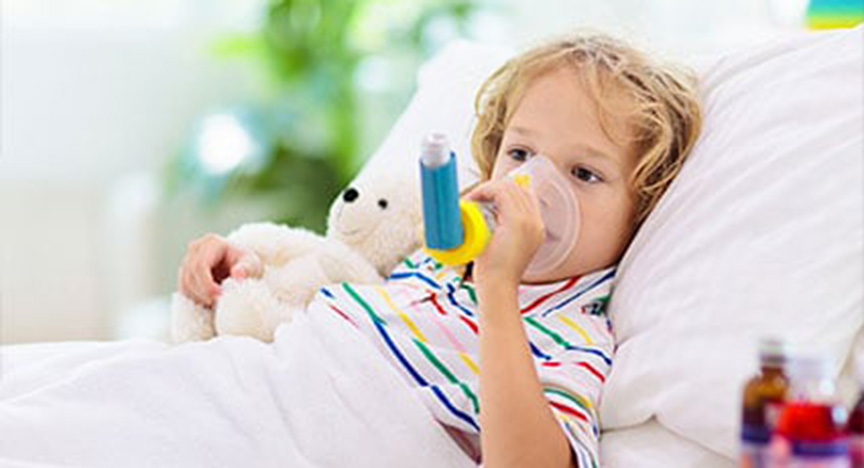
Following your child’s recommended treatment, therapy or daily healthcare routines is important for achieving the best possible health outcomes for their illness or injury. And having a consistent daily routine helps children know what to expect and supports their involvement in their own healthcare.
But we know this is often easier said than done due to the realities of day-to-day busy family life, not to mention multiple treatments, the unpredictable nature of the medical conditions, and children with their own strong opinions.
The good news is that there are ways to help build a habit around your child’s healthcare routines and treatment.
Try these methods that many parents and carers find helpful:
1. Talk to your child about the importance of their treatment
Educating your child as soon as possible about their illness or injury is key to their participation in their treatment. Talk with them about their body and the importance of taking care of themselves. This lays a solid foundation for healthcare they can build on as they grow up. Ask yourself: ‘Does my child understand why they need to complete their treatments?’ and ‘Do they understand the consequences of not doing their treatments?’ A useful tactic is teaching the importance of doing their treatments based on what’s important to them. For example, ‘Taking your medication will help you feel better so you can play with your friends at school.’
2. Create a routine
Creating a standard routine is one of the best ways to gain your child’s cooperation. When your child knows the what, when and how of their treatments, they are more likely to know what to expect on a day-to-day basis and anticipate them. Children also thrive on consistency and routine as it provides security and stability in a world they don’t always have a lot of control over.
Develop a treatment system that works for all of you. You can:
- set alarms and/or align treatments with their child’s favourite television show
- use visual schedules to outline the required treatments and other important tasks (including sleep and school) and put it where all family members can easily see it
- explain how long each treatment takes (some parents have found visual countdowns and timers useful)
- break up the routine with fun ‘breaks’ to keep your child motivated.
3. Work as a team and do treatments together as a family
Ensure everyone in the family understands the importance of your child’s treatment schedule, so they can help reinforce the routines you have set in place. This is also a great way to motivate your family to help out. Some great tips to include family members include:
- involving brothers and sisters to provide distraction and/or company
- setting goals and rewards together (for example, ‘After Jesse takes her medicine, we can all play a game’)
- inviting other adults you trust to supervise while your child does their treatment (this gives you a break so you can take care of yourself as well)
- giving all your children jobs to do during treatments, such as pushing buttons on machines.
4. Manage behaviour with positive parenting
Effective parenting in a child’s early years is essential. This is because we often find that challenging behaviours established from a young age can be harder to change during teenage years. To help manage your child’s behaviour around their healthcare treatments, try these ideas:
- Use choices rather than demands to help your child feel like they have some control. Try: ‘It’s time for your medicine, where would you like to sit, on the chair or on the floor?’ or ‘Would you like your tablets with strawberry or chocolate milk?’
- Give rewards after they finish the treatment. Use a visual ‘First → Then’ chart to help your child understand the connection between the treatment and the reward. For example, First medicine→ Then sticker.
- Try to understand the reasons behind your child’s behaviours. This helps you decide the next step. For example, they might just be acting out because they’re tired, so getting them rest rather than a consequence would be the most effective step.
- Give positive praise when your child follows their daily routines and treatments. For example: ‘I like how you put on your mask, that’s very helpful!’.
For more positive parenting techniques and tips, see Triple P Parenting .